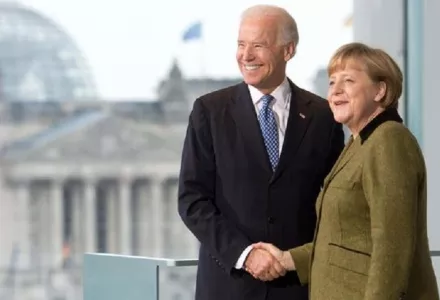Germany’s Response to the U.S.’s Crisis of Democracy and President Biden's Foreign Policy Agenda
Please join the Future of Diplomacy Project for a conversation with Fisher Family Fellow, Peter Wittig, former Ambassador of Germany to the U.S., UK, and UN, moderated by Professor Nicholas Burns about America’s foreign and domestic political challenges from the perspective of one of its closest allies, Germany. Ambassador Wittig will also address the expected reset in transatlantic relations under President Biden.
PLEASE NOTE: This seminar will be conducted via Zoom. Please register in advance for this meeting:
https://harvard.zoom.us/meeting/register/tJMof-uhqjMuGdfI1bJJ72CjKy_auWPHjp1n
After registering, you will receive a confirmation email containing information about joining the meeting.

